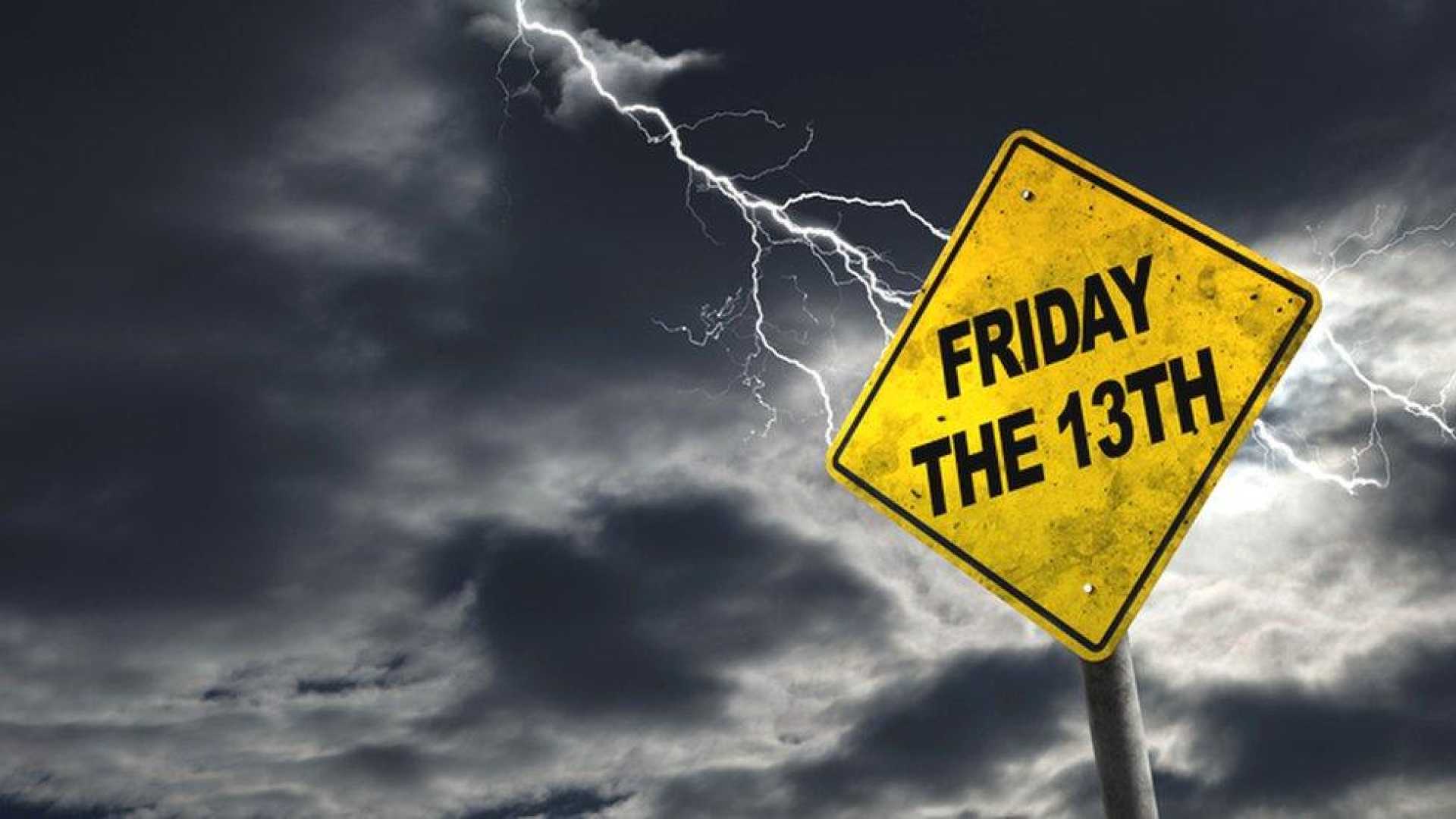News
The Enduring Superstition of Friday the 13th: Origins, Cultural Variations, and Modern Perspectives

Friday the 13th, a date often shrouded in superstition, continues to captivate and intimidate many around the world. This pervasive fear is known as Friggatriskaidekaphobia or paraskevidekatriaphobia, named after Frigga, the Norse goddess after whom ‘Friday’ is named in English, and ‘triskaidekaphobia,’ the fear of the number 13.
The origins of this superstition are complex and multifaceted. Numerologists consider 12 a ‘complete number’ due to its presence in various aspects of life, such as the 12 months of the year, 12 hours of the clock, and 12 signs of the Zodiac. In contrast, the number 13 is seen as irregular and thus unlucky. Additionally, Friday has been associated with bad luck since the 14th-century publication of Chaucer‘s “The Canterbury Tales,” which mentions misfortune occurring on a Friday.
Popular culture has further solidified the negative reputation of Friday the 13th. Thomas William Lawson’s 1907 novel “Friday, the Thirteenth” and the infamous “Friday the 13th” film series featuring Jason Voorhees have contributed significantly to this perception. Historical events, such as the German bombing of Buckingham Palace on Friday, September 13, 1940, and the ill-fated Apollo 13 moon mission, have also reinforced the superstition.
However, not all cultures view Friday the 13th as unlucky. In Hispanic and Greek cultures, Tuesday the 13th is considered the unlucky day. In Italy, the number 17 is seen as unlucky rather than 13, due to the Roman numeral XVII rearranging to form the word VIXI, meaning ‘I have lived,’ which implies death.
Interestingly, in pre-Christian and goddess-worshipping cultures, Friday and the number 13 were considered lucky. Friday was associated with the divine feminine and was a favorable day for marriage among Norse and Teutonic people. The number 13 was linked to lunar and menstrual cycles, making it a harbinger of good fortune. This positive perspective is echoed by celebrities like Taylor Swift, who considers 13 her lucky number and has experienced numerous successes associated with this number.
In modern times, some businesses are capitalizing on the superstition by offering special deals and promotions. For example, Hy-Vee is hosting a “Friday the 13th Sale” with discounts on various products, turning the supposedly unlucky day into an opportunity for savings.












